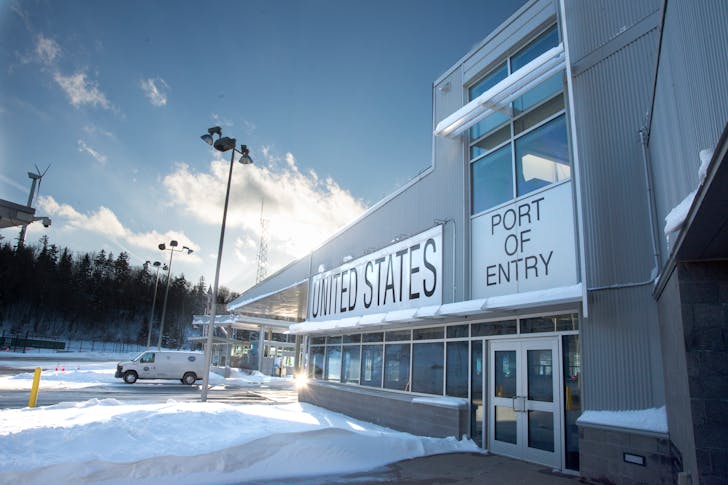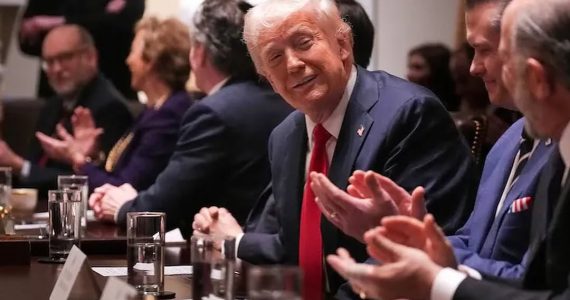The work visa process in the U.S. has become tougher for skilled workers. According to Austin-based immigration attorney Jason Finkelman, the system is now stacked against the very people it once welcomed: skilled foreign workers. The results? Slower innovation, stressed-out employers, and lost talent.
The work visa system was always complicated, but now it is brutal. Employers are asked to prove the obvious, while talented professionals jump through hoop after hoop just to stay in jobs they are qualified for. The result is frustration on all sides, with more skilled workers giving up and more U.S. companies turning inward.

USCIS started questioning vague and subjective criteria, like whether a job truly needs a bachelor’s degree.
Finkelman says this change is meant to wear employers down. They are now forced to submit stacks of extra paperwork, from office floor plans to photos of workspaces, just to show their company is real. And if they don’t, the visa is denied. It is ridiculous, he says, but necessary to avoid rejection.
Employers Are Tapping Out
If you are a business owner and the government makes you prove your company exists with photos and layout plans, you might just decide it is not worth it. That is exactly what is happening. Employers who once sponsored skilled foreign workers are now saying ‘Forget it.’
This is because the process eats up time, money, and patience. Many employers simply hire U.S.-based candidates instead, even when they are less experienced. It is a short-term fix that creates long-term problems.
Getting a work visa approved is just one step. Crossing the border is another obstacle. Customs and Border Protection (CBP) officers are now grilling visa holders more than ever before. They are demanding proof that travelers still have jobs, don’t plan to overstay, and actually need to be in the U.S. for work.
This pressure doesn’t just apply to new visa holders. Even green card holders and naturalized citizens feel the heat. Finkelman says clients now travel with pay stubs, employer letters, and even tax documents from their home country.

Paranoia and the Trump Administration
You would think that once you are a green card holder, you are safe. Not anymore. Many long-term residents and even citizens worry about leaving the country. They fear a sudden rule change or an overzealous officer might ruin their plans or worse, block them from returning.
Finkelman tries to calm those fears. He reminds clients that deportation doesn’t happen without major legal issues. But he also knows the fear is not baseless. The public tone around immigration has shifted, and people are responding with anxiety.
So, why all the extra pressure? USCIS and CBP say they are just following the rules laid out in Trump-era executive orders. Their goal, they claim, is to protect national security and make sure Americans get first dibs on U.S. jobs.
They also argue this level of scrutiny helps prevent fraud. “Lawful travelers have nothing to fear,” they say. But that is not how it feels on the ground. Visa holders see confusion, long delays, and constant second-guessing. Employers see red tape where there should be progress.




